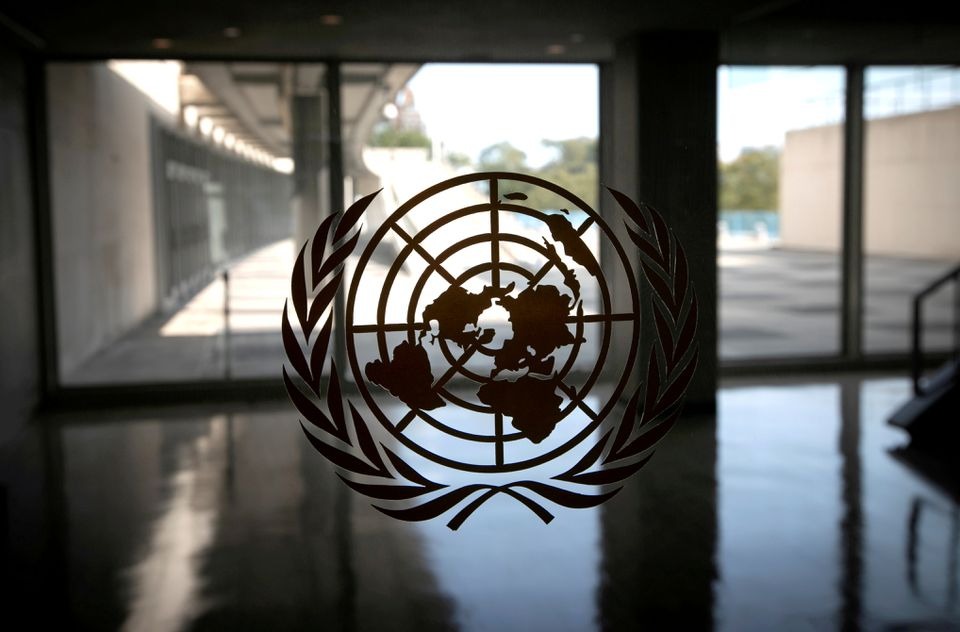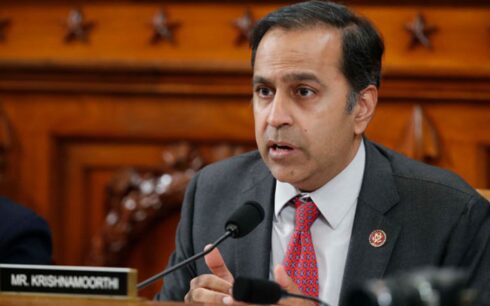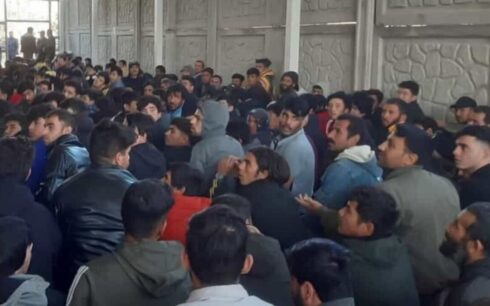A number of women from Afghanistan employed by the United Nations have been detained, harassed and had restrictions placed on their movements since being banned by the Taliban from working for the organization, the UN said in a report on Tuesday.
“This is the most recent in a series of discriminatory – and unlawful – measures implemented by the de facto authorities with the goal of severely restricting women and girls´ participation in most areas of public and daily life in Afghanistan,” the UN said in a report on the human rights situation in Afghanistan.
“On 5 April 2023, the UN was informed by the de facto Ministry of Foreign Affairs, that with immediate effect, no Afghan woman would be permitted to work for the UN in Afghanistan, and that this measure would be actively enforced,” the report said. “This decision extends the directive previously announced on 24 December 2022, banning Afghan women working for national and international non-governmental organizations.”
The report added that “to date, several UN national female personnel have experienced restrictions on their movements, including harassment, intimidation, and detention.”
“All Afghan staff of the UN have therefore been instructed not to report to the office until at least 5 May 2023,” said the report.
The report said that Taliban authorities continued to crack down on dissenting voices this year, in particular those who speak out on issues related to the rights of women and girls.
The UN report cited the March arrest of four women who were released the following day during a protest demanding access to education and work in the capital of Kabul and the arrest of Matiullah Wesa, head of PenPath, a civil society organization campaigning for the reopening of girls´ schools.
It also pointed to the arrest of a women´s rights activist Parisa Mobariz and her brother in February in the northern Takhar province.
Several other civil society activists have been released – reportedly without being charged – following extended periods of arbitrary detention by the Taliban Intelligence service, the report said.
The measures will have disastrous effects on Afghanistan´s prospects for prosperity, stability and peace, the United Nations Assistance Mission in Afghanistan, UNAMA said in the report.
Taliban has also banned girls from attending secondary schools over the past nearly two years. In December, the Taliban banned women from attending univeristies.
The report also pointed to ongoing extrajudicial killings of individuals affiliated with the former government.
On March 5 in southern Kandahar, Taliban forces arrested a former police officer from his home, then shot and killed him, according to the report. During the same month in northern Balkh, a former military official was killed by unknown armed men in his house, the UN report said.
“Arbitrary arrests and detention of former government officials and Afghanistan National Security and Defense Force members also occurred throughout February, March and April,” added the report.
In a separate report released Monday, the UN strongly criticized the Taliban for carrying out public executions, lashings and stonings since seizing power in Afghanistan, and called on the country´s rulers to halt such practices.
In the past six months alone, 274 men, 58 women and two boys were publicly flogged in Afghanistan, said the report.
The Taliban foreign ministry said in response that Afghanistan´s laws are determined in accordance with Islamic rules and guidelines, and that an overwhelming majority of Afghans follow those rules.





